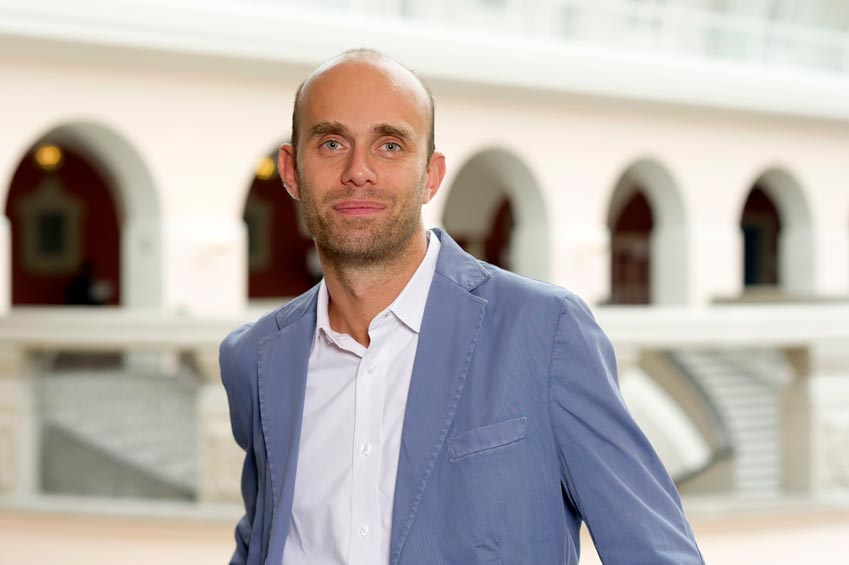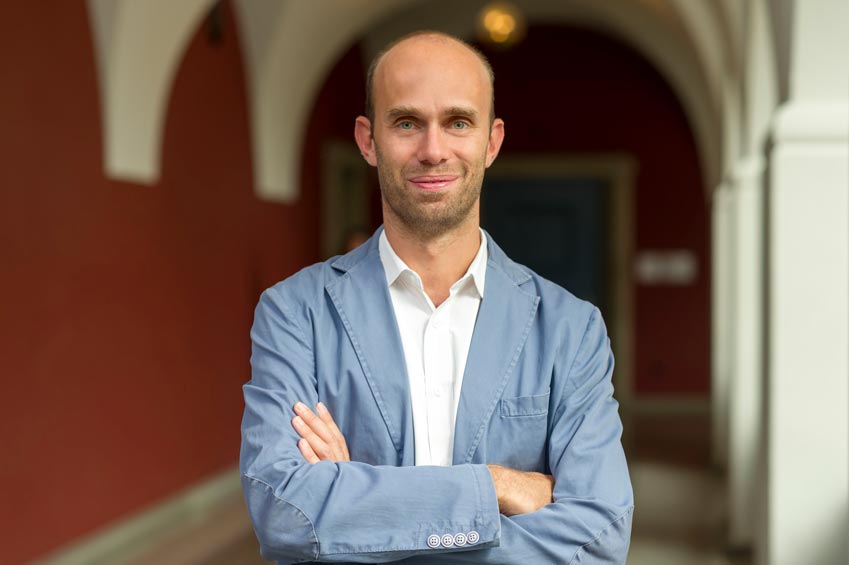Professor Lorenzo Casaburi is renowned for his research in the field of Development Economics, emphasizing applied research to improve living conditions in emerging economies. He promotes collaborative efforts between academia and the development community to drive impactful change. Casaburi's research blends fieldwork, rigorous methods, and insights from behavioral economics and industrial organization. This approach fosters a feedback loop between empirical findings and theoretical advancements, enhancing our understanding of development interventions and their mechanisms. Focused primarily on sub-Saharan Africa, Casaburi navigates challenges in data collection while leveraging collaborations with local stakeholders. His work in agriculture examines the balance between smallholder-based systems and large-scale farming, addressing economic and social implications for sustainable development strategies. In essence, Professor Casaburi's research merges practical insights with academic rigor, aiming to inform policies and positively impact lives in emerging economies.
Professor Lorenzo Casaburi is renowned for his research in the field of Development Economics, emphasizing applied research to improve living conditions in emerging economies. He promotes collaborative efforts between academia and the development community to drive impactful change. Casaburi's research blends fieldwork, rigorous methods, and insights from behavioral economics and industrial organization. This approach fosters a feedback loop between empirical findings and theoretical advancements, enhancing our understanding of development interventions and their mechanisms. Focused primarily on sub-Saharan Africa, Casaburi navigates challenges in data collection while leveraging collaborations with local stakeholders. His work in agriculture examines the balance between smallholder-based systems and large-scale farming, addressing economic and social implications for sustainable development strategies. In essence, Professor Casaburi's research merges practical insights with academic rigor, aiming to inform policies and positively impact lives in emerging economies.



